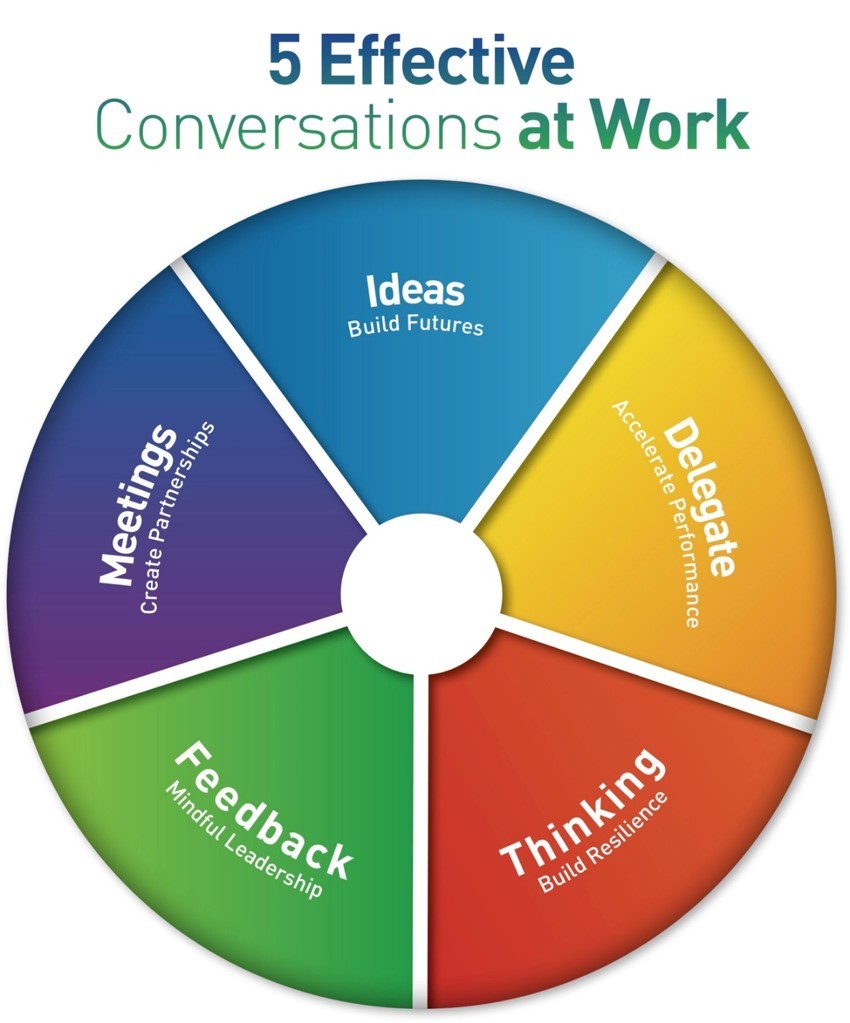I love silence. I never used like silence, but I now do. Why?
It seems like every time you turn around, technology’s taken another leap, barriers have come down, and people have found clever new ways to communicate. Thanks to social media there’s a 24/7, global conversation going on – and everyone’s invited. To thrive in this networked world, businesses have no choice but to change who they talk to, and how they do it. Controlling the flow of information is simply no longer an option when your employees, competitors and customers can all talk to each other at the tap of a screen.
It’s time to adapt and get involved in the change by taking the reins of the conversations you are having. And we’re not just talking about marketing and external communications – this is a fundamental shift in the way you manage and talk to everyone in your organisation and in your community. Starting with meaningful and effective conversations with your own people. In summary? Society and communication patterns are changing dramatically. To stay competitive, business systems and management practices need to change.
The beating heart of good performance is good communication – after all, how can you hope to get things done (and done as well as is humanly possible) if you can’t have a good, honest conversation about what’s needed, who should be doing it, and how best to go about it?
So on the one hand, we’ve got businesses trying to be more competitive by being better at what they do – primarily by making ongoing improvements within the business – and on the other hand, the number of businesses struggling to communicate with their own employees is alarming. We also have spin savvy employees, who know when a conversation is a set up or a talk fest.
The HR Coach Research Institute’s feedback from managers and employees identified five (5) core types of conversations that if done well, drive improvement within businesses with the following results:
- 12% happier with the formal communication process
- 13% happier with their team leadership
- 16% more likely to describe management as good quality communicators

It’s all about having the right conversation. So here they are: the five essential conversations:
1. Ideas – this is a crucial conversation with the objective of planning ahead for the future of your business. It’s all about strategy, planning and implementation.
2. Delegation – this is a smart conversation that aims to support accelerated performance. It develops your people’s skills and achieve more as an organisation. It is linked to getting a job or project completed, business as usual, processes and systems.
3. Thinking – managing risk is difficult in fast paced and changing environments and critical thinking is tested during high-risk situations. These conversations are crucial and having an ethical mindset that promotes resilience, fairness and respect in the workplace are important.
4. Feedback – providing feedback is an ‘intelligent’ conversation and supports mindful and competent leadership. These conversations are important to motivate people who are already doing great work, to set them back on track if they’re not, and to help them develop their skills so they can do even better in the future.
5. Meetings – provide an avenue for contribution at both an individual and collective level. The health of the workplace “tribe” and belonging is most demonstrated here. Out of all conversations, this is the least effective in all organisations.
One of my clients has recently rolled out training on these 5 Conversations to their 300+ staff and I am looking forward to seeing similar results.
How do you create a sense of engagement and ownership amongst your employees?
Does your organisation need to improve the way it communicates with its staff?
Do you need staff to be more alligned with te organisations values and goals?
If you would like a copy of the White Paper, please let me know.